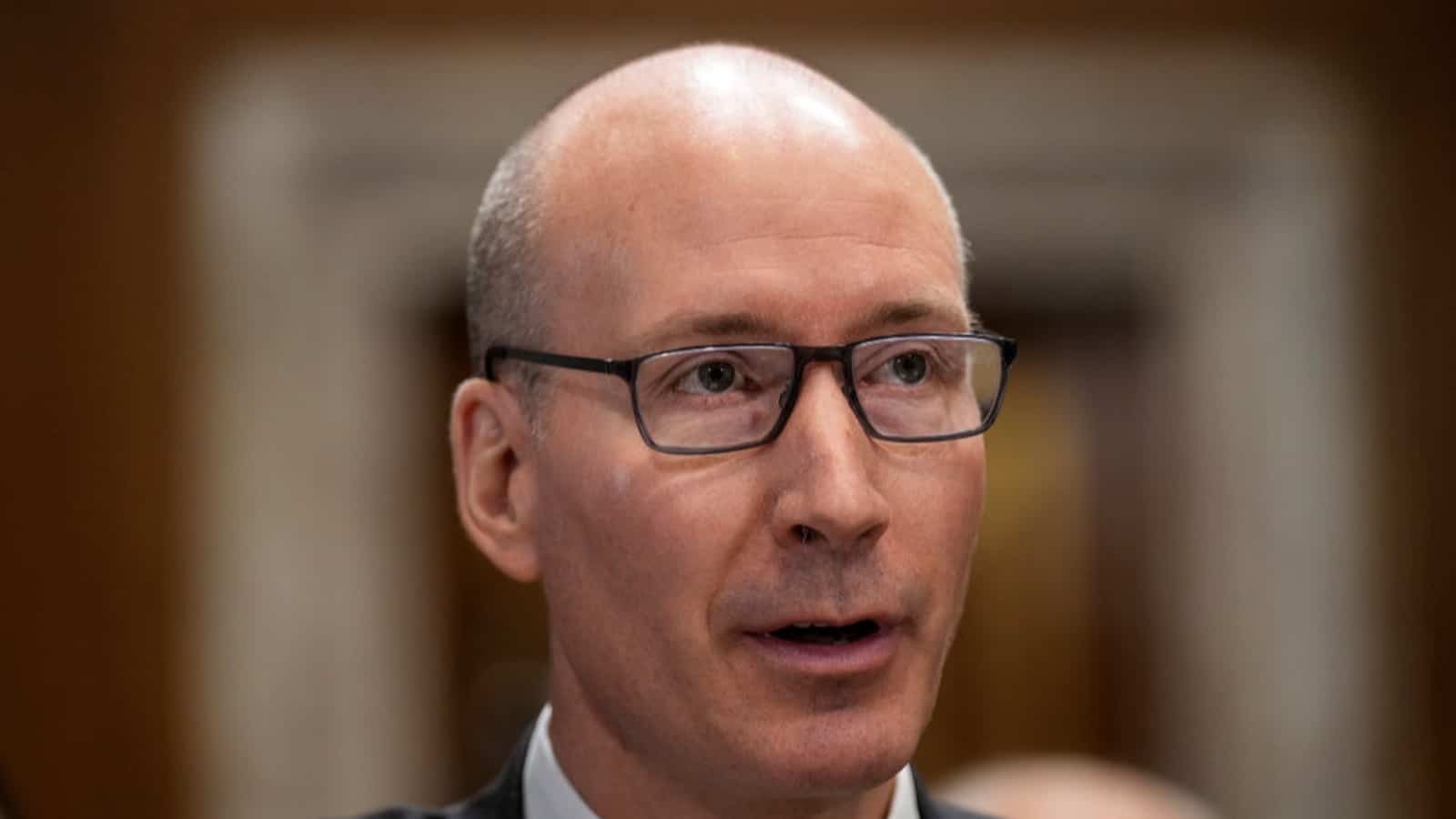Top DOE Official to NAM: You’re Critical to America’s Energy Future

The Biden administration sees private-sector partners as essential to the future of American energy policy and production, Deputy Secretary of Energy David Turk told NAM board members in Phoenix, Arizona, recently.
What’s going on: “I don’t think we can do anything in the federal government that impacts the real world without enabling, listening to, supporting and trying to be very thoughtful” with private-sector partners, Turk said, calling manufacturers a key force in helping the United States “accelerate our energy independence.”
- In a discussion about energy policy in the clean energy transition—with a focus on nuclear energy, hydrogen and the role of the federal government—Turk took questions and comments from leading figures in the private-sector energy economy on issues ranging from the Biden administration’s freeze on liquefied natural gas export permits, to the need for a robust hydrogen economy, to the implementation of long-awaited transmission infrastructure to ensure energy reliability and affordability.
- The talk also touched on the potential impact of increased natural gas exports on domestic prices and consumers. NAM board members argued that higher exports would not make gas more expensive for U.S. consumers and LNG exports are vital to ensure energy security for our allies.
The conversation: In a roundtable lunch, NAM board members told Turk that the push and pull of the Biden administration’s policies on energy—calling on U.S. producers to increase energy output to reduce consumer prices while calling for an overall reduction in fossil fuel production—makes their goal of increasing American energy reliability and independence more difficult to realize, while creating market gaps that can be filled by cheap energy from Russia and other geopolitical rivals.
“Why did this happen? Why did it come out? How does that achieve any of our shared objectives on the national security stage in terms of climate change?” NAM President and CEO Jay Timmons asked Turk, noting that the Biden administration’s decision to stop approving new export licenses for U.S. LNG undercuts its own stated carbon agenda in the long run.
Turk told NAM board members that U.S. consumers pay roughly one-fifth as much for LNG as those in Asia and Europe, which he called “huge” for economic competitiveness, but still acknowledged that the differential doesn’t accommodate the needs of all manufacturers involved in the energy economy.
“There’s a competitive advantage if our manufacturers are paying less for a key input than others,” Turk said. “There’s a benefit and a difference between the price right now that we pay in the U.S. versus others internationally.”
Meeting matters: The U.S. is the world’s top exporter of LNG, an affordable, plentiful energy source that’s in growing demand and is much cleaner than traditional forms of coal-powered energy—especially in Europe, where LNG has been critical in keeping allied countries from seeking Russian energy sources. For NAM board members to be able to confront Biden administration officials on energy policy directly is a huge win for LNG producers and for manufacturers overall.
“We have more dialogue, more discussion, more interaction with members of the Biden administration than any administration that I’ve been involved in with the NAM,” Timmons said. “Where we have differing opinions, we do get feedback”—and, in the case of the meeting in Phoenix, we provide it.
